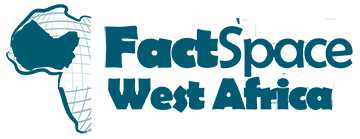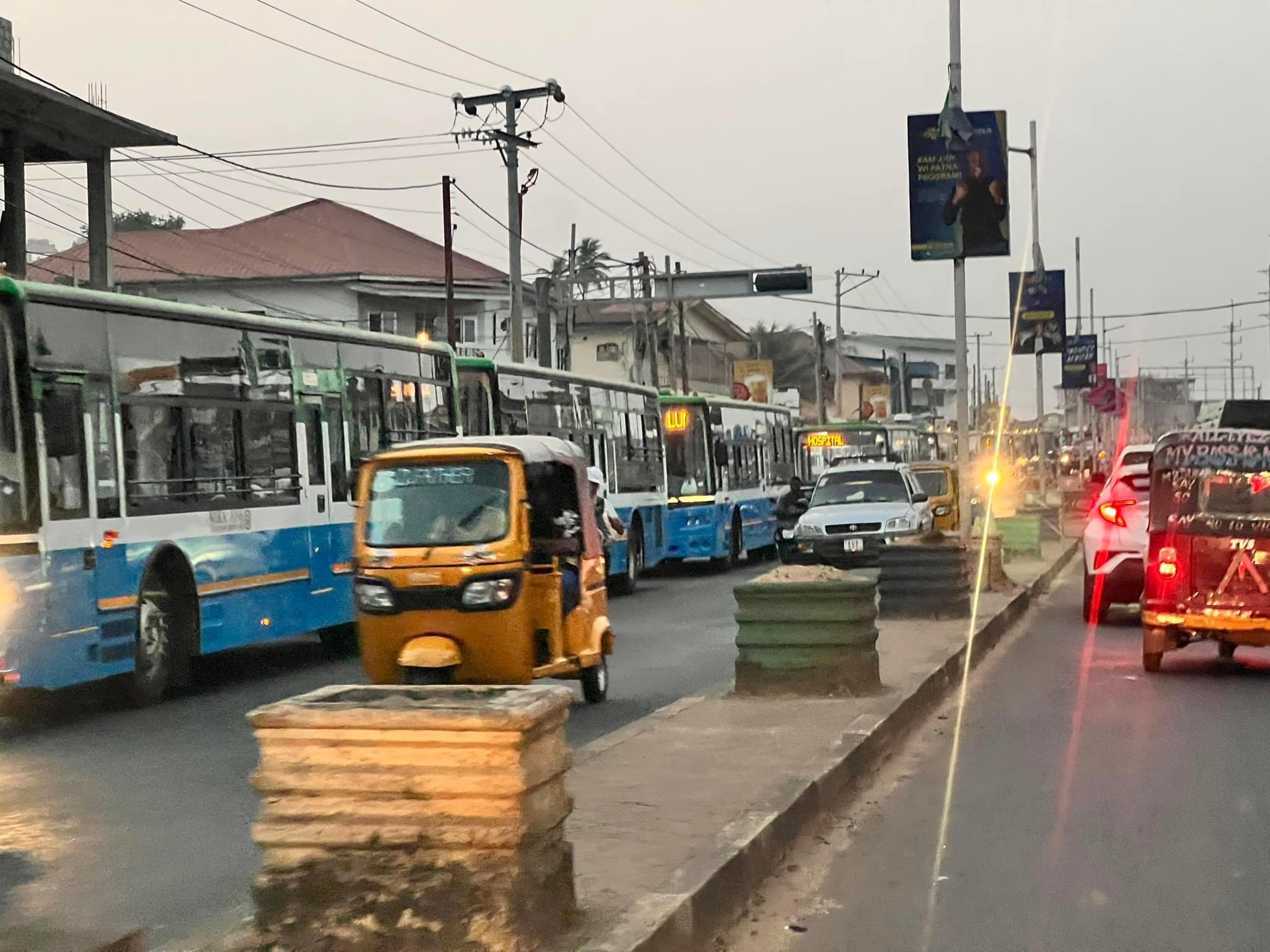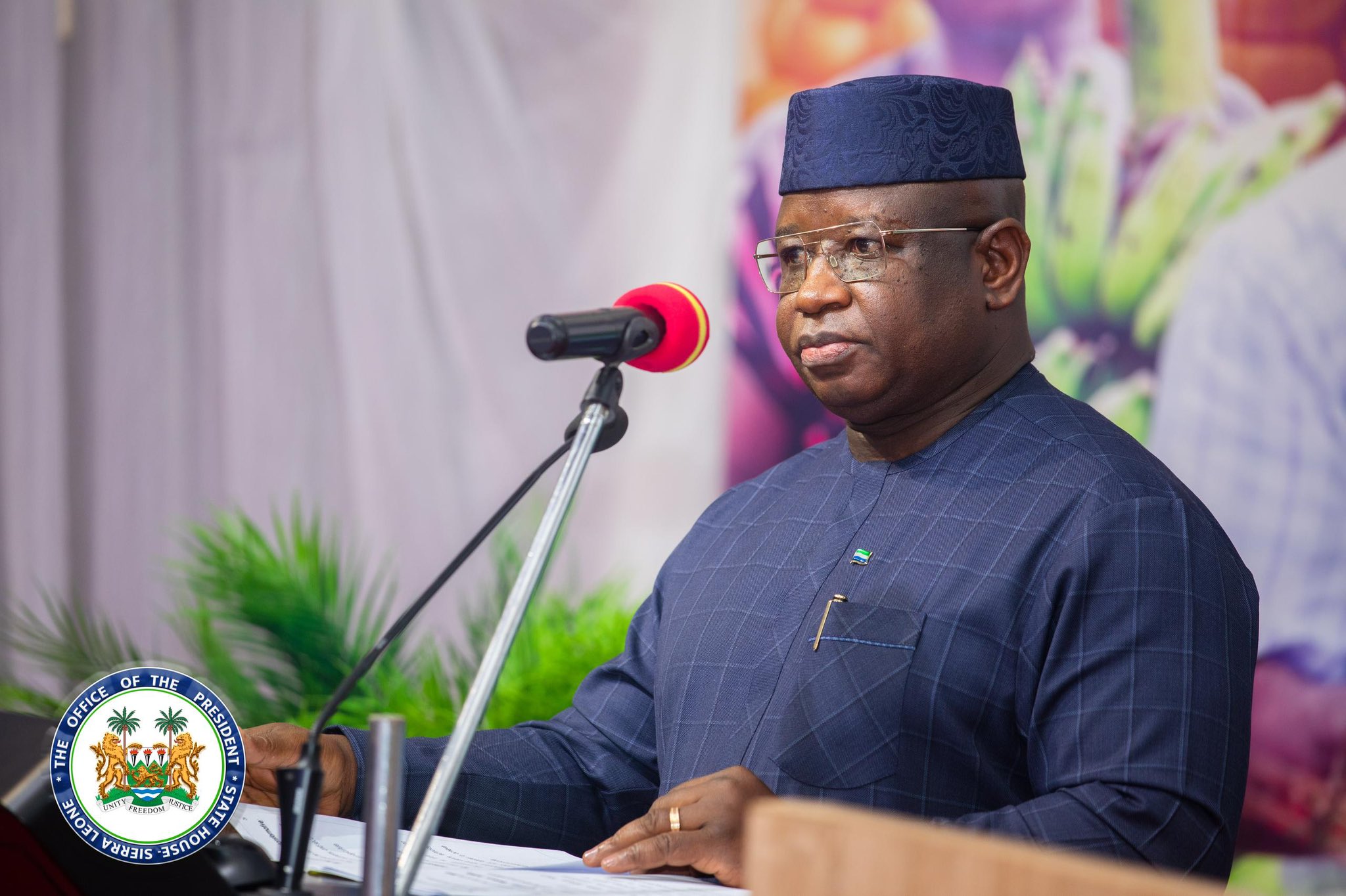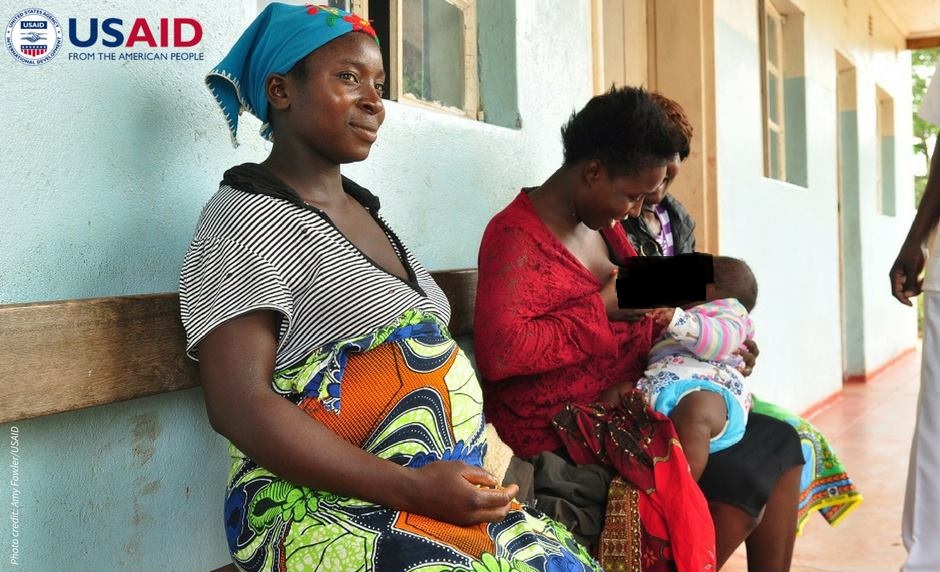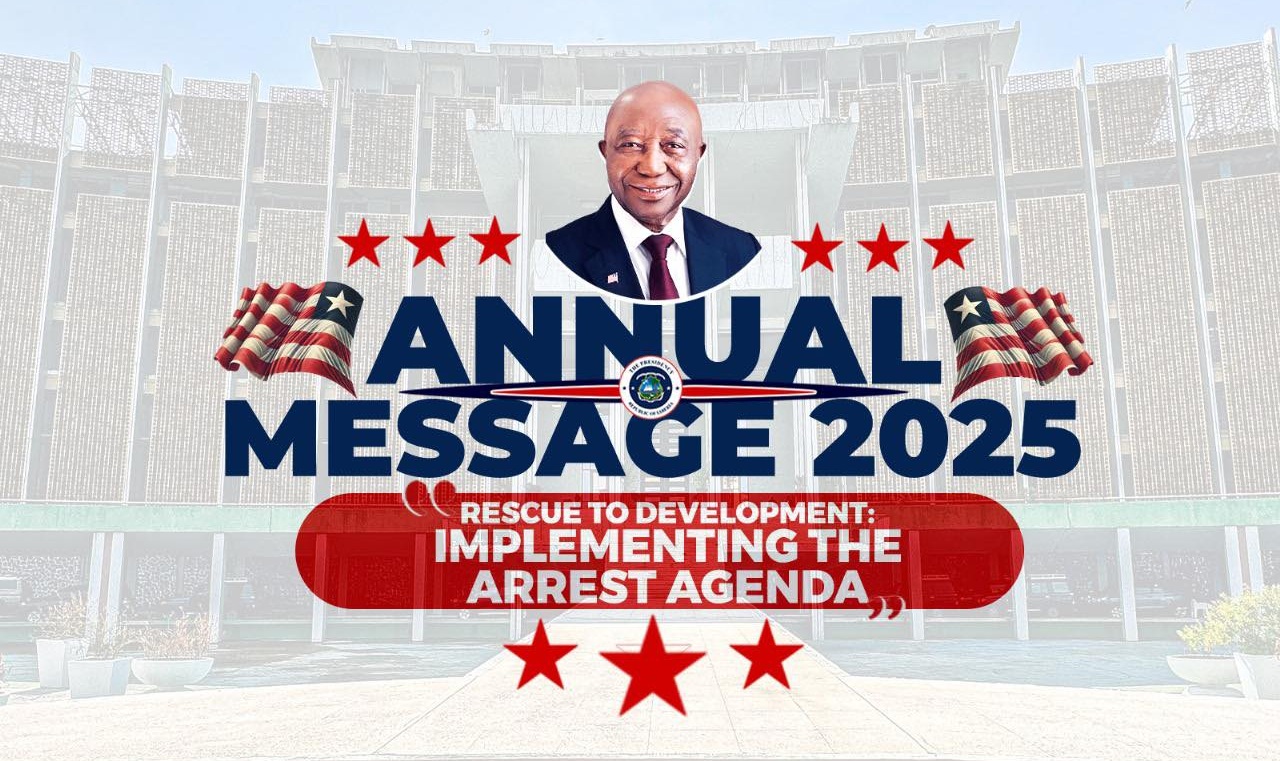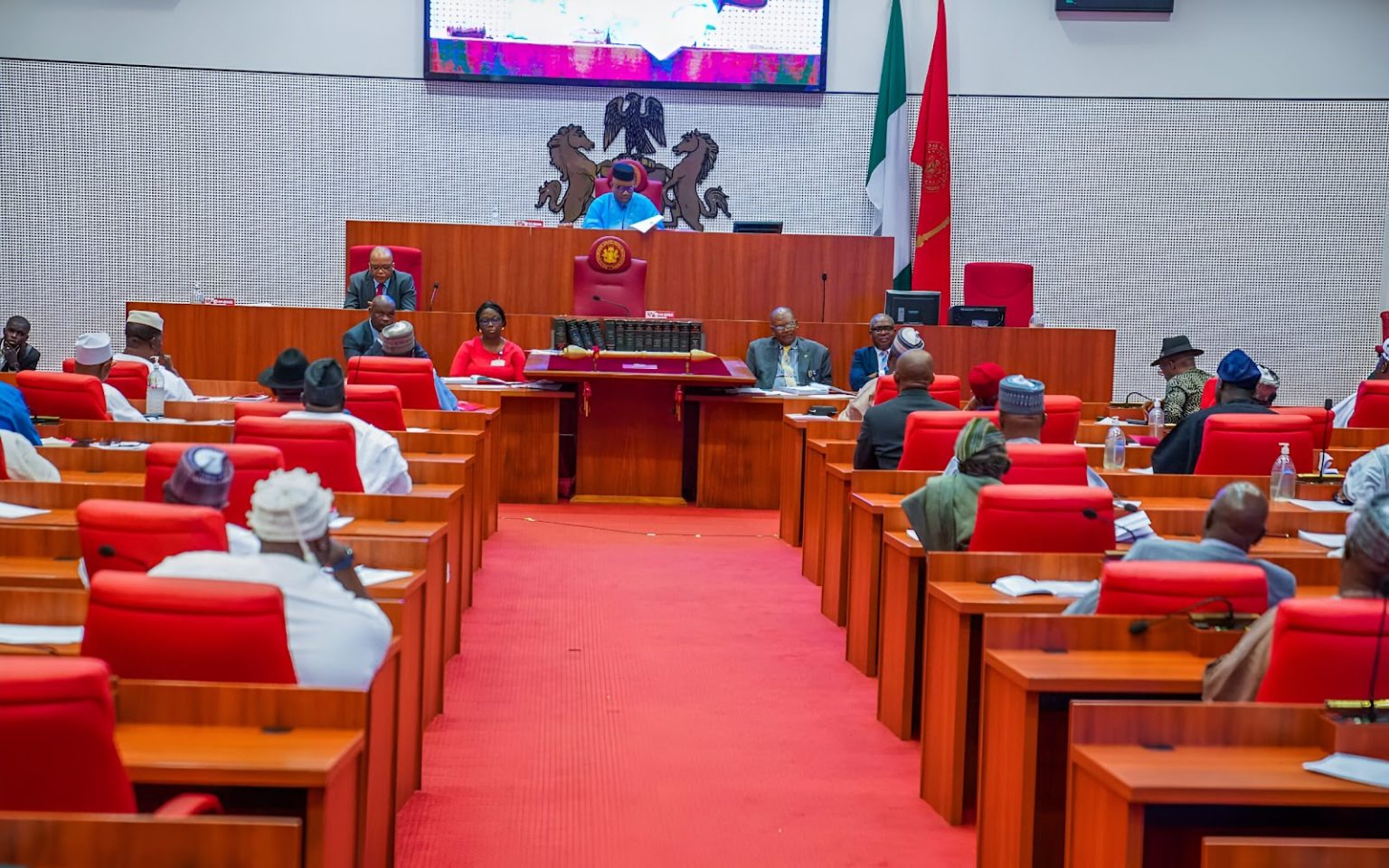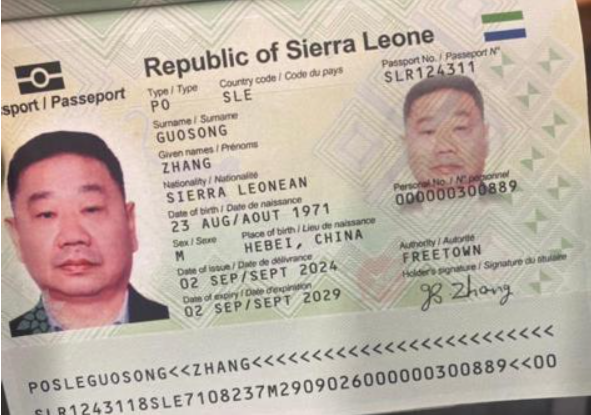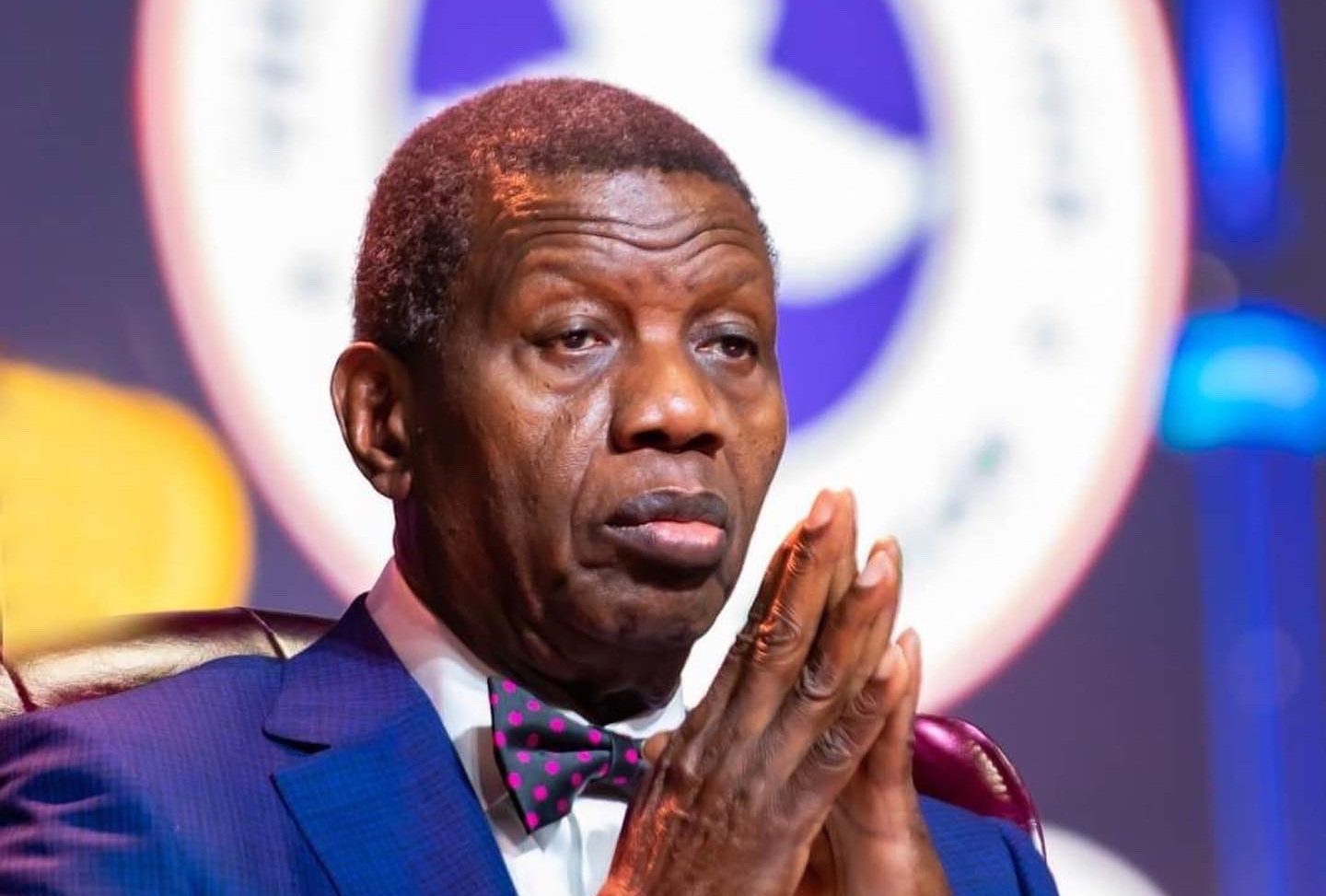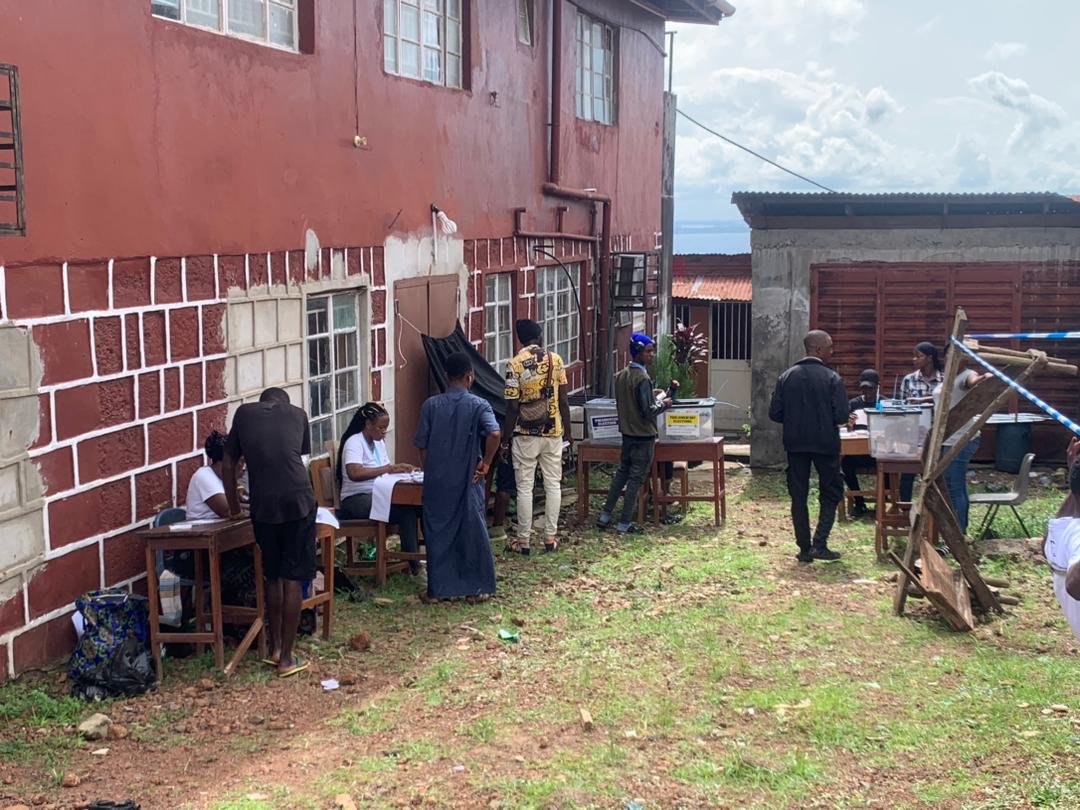By: Kemo Cham
The Petroleum Regulatory Agency (PRA) of Sierra Leone imposed an indefinite ban on all new applications for gas station construction in the Western Area, including the capital city Freetown and its environs, and the highway linking the city to the country’s northern region.
The Agency, in a statement on August 19, 2024, indicated that the suspension was in response to three issues: sustainability guidelines, safety policies, and unfair trade practices.
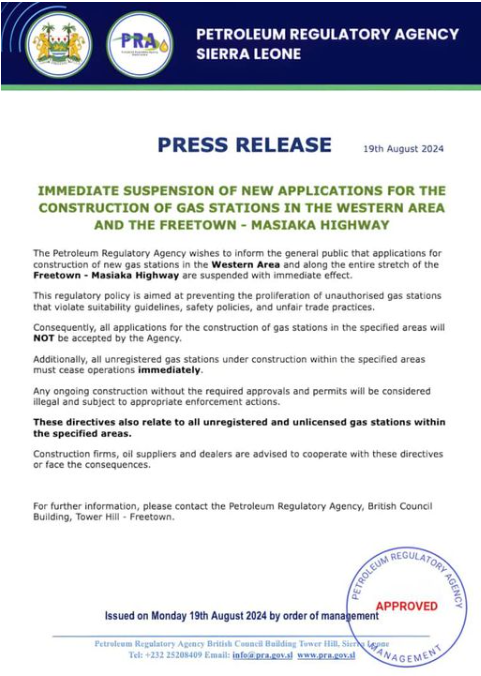
Fig 1 – The Press Release issued by PRA suspending of construction of new gas stations in Freetown and its environs
However, FactSpace West Africa noted that the agency’s statement did not explain what unfair trade practice it was flagging. Therefore, sought clarification from the agency, to which the agency has yet to respond.
We sought clarification on what specific unfair trade practices the Agency refers to and how these affected pump prices to warrant the decision to halt the construction of new gas stations.
Meanwhile, discussions online by some government supporters suggest various practices such as selling fuel at prices above the official rates which the PRA has repeatedly lamented about, especially during fuel shortages, a regular occurrence in Sierra Leone that usually precedes upward adjustment at the pump as well as the practice of hoarding fuel.
Sierra Leone’s petrol consumption
The Petroleum Regulatory Agency data shows that Sierra Leone consumes 1.2 million litres of petroleum products daily. Diesel accounts for the largest share, 49.1%, followed by petrol at 46.5%, and the rest, including kerosene and jet fuel, account for the remaining 4.4%.
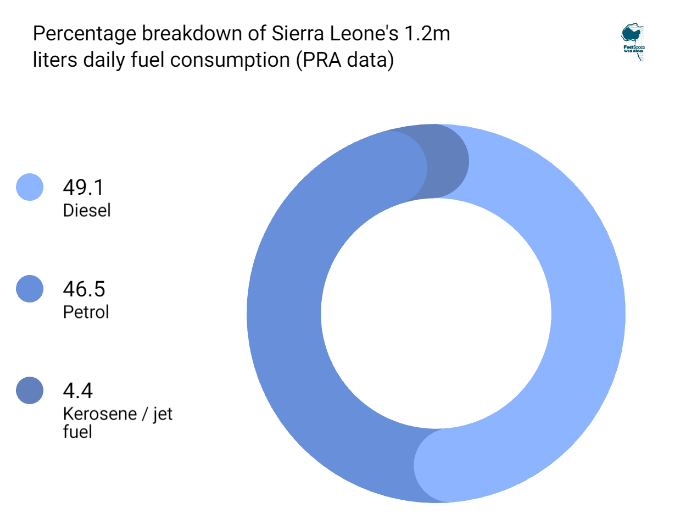
Fig 2 – Breakdown of Sierra Leone’s daily fuel consumption (PRA data)
Storage
Many reasons have been attributed to the recurrent shortage of petroleum products, especially petrol and diesel, including illegal dealer practices like hoarding. But everyone appears to agree that the country’s limited storage capacity plays a huge role.
As of June 2024, the country’s storage capacity was approximately 230,000 metric tonnes, but the PRA has a national target of 500,000 metric tonnes.
Currently, the country has three operational petroleum jetties, which are used as terminals to offload petroleum products.
Mano River Union – who pays more for fuel?
Over time, there have been comparisons of the cost of fuel between Sierra Leone and its Mano River Union (MRU) neighbours, including Liberia, Guinea, and Cote d’Ivoire.
For instance, on May 6, 2024, an opposition-leaning newspaper published an editorial suggesting that fuel prices in Sierra Leone were the most expensive compared to those in neighbouring countries. However, this position contradicted the government’s view.
PRA’s Executive Director, Brima Balowa Koroma, challenged this view on October 8, 2024, claiming that despite removing the fuel subsidy in July 2023, fuel prices in Sierra Leone are still cheaper in the sub-region.
Between June and October 2024, PRA revised its pump prices at least four times, and in most cases, downward though so minimal that it provoked public discussion about the impact on the masses.
PRA officials say that as small as the reductions seem, they are hugely significant in value. For instance, they cited one of the most contentious reductions in September 2024, which amounted to NLe 0.5 reduction. The agency claims it costs the government over a million USD, referencing its pricing formula on its website for possible fact-checking.
FactSpace West Africa analysed pump prices in the four countries and ranked them below for the two popular petroleum products (Petrol and Diesel). For petrol: Sierra Leone has the second highest pump price, at USD1.423 per litre, below Cote d’Ivoire at the top with USD1.462. Guinea and Liberia are USD1.390 USD0.886, respectively, as of October 14, 2024, according to Global Petrol Prices.
The diesel prices are as follows: Sierra Leone pays USD1.423, Guinea pays USD1.390, while Cote d’Ivoire pays USD1.195 and Liberia – USD0.960, according to Global Petrol Prices for the same period.
| Country | Pump price for petrol | Pump price for diesel | |
| 1 | Ivory Coast | USD1.462 | USD1.195 |
| 2 | Sierra Leone | USD1.423 | USD1.423 |
| 3 | Guinea | USD1.390 | USD1.390 |
| 4 | Liberia | USD0.886 | USD0.960 |
Table 1 – Pump prices of petrol and diesel in MRU countries (Global Petrol Prices data as of October 2024)
Therefore, the claim that Sierra Leone’s fuel prices are the cheapest in the sub-region is False.
Major Industry Players
According to PRA’s data, there are five registered importers of petroleum products in Sierra Leone, although some people believe that politicians have stakes in some of them.
National Petroleum (NP) Sierra Leone Ltd is privately owned but with the most dominant of them all, with 51.71% of the shares; Conex with 22.18%, Leone Oil with 19.66%, Malador with 4.53%, and Aminata and Sons (Liberian-owned company) with 1.92%.
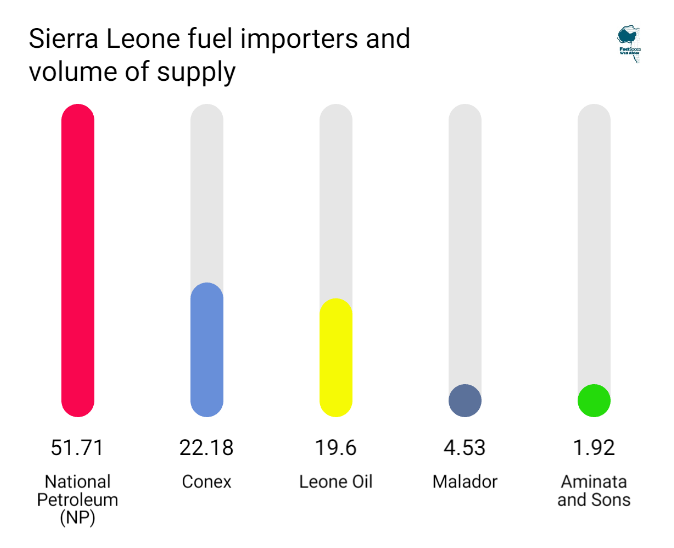
Fig 2 – Sierra Leone fuel importers and supply volume (%) – NPA data
Imports
In 2018, Sierra Leone averaged around 340,000 metric tonnes (mt). That has grown to 506,000 mt in five years. As of September 2024, it is about 570,000 mt, accounting for 11.36%.
“That’s growth,” says Koroma of PRA.
The PRA data shows that the country’s distribution and sales were 409 million litres annually five years ago. Based on the current run rate, they are set to hit 500 million litres in December.
“Our revenue five years ago was averaging around 473 billion Old Leones (NLe473 million) annually. As of December, we have jumped from 473 billion old leones to 1.2 trillion old leones (NLe1.2billion).
“By 2024, we are not only going to meet our 2023 targets, we will meet and beat it. So we expect a whooping revenue of 1.7 or 2 trillion by December.”
“The increase in revenue is attributable to efficient revenue management. We do not determine fuel price,” he said, adding that no tax has been added to the petroleum sector since 2018.
While government officials in Sierra Leone have always acknowledged the challenges in the petroleum sector, they have blamed it on the bad practices of the petroleum players.
In 2022, Sierra Leonean First Lady, Fatima Bio, sparked a huge public debate when she accused unnamed members of the main opposition. According to her, the All People’s Congress (APC) is the mastermind behind recurrent fuel shortages in the country using it as a political tool to cause problems for her husband’s administration.
GD/TA/AS
